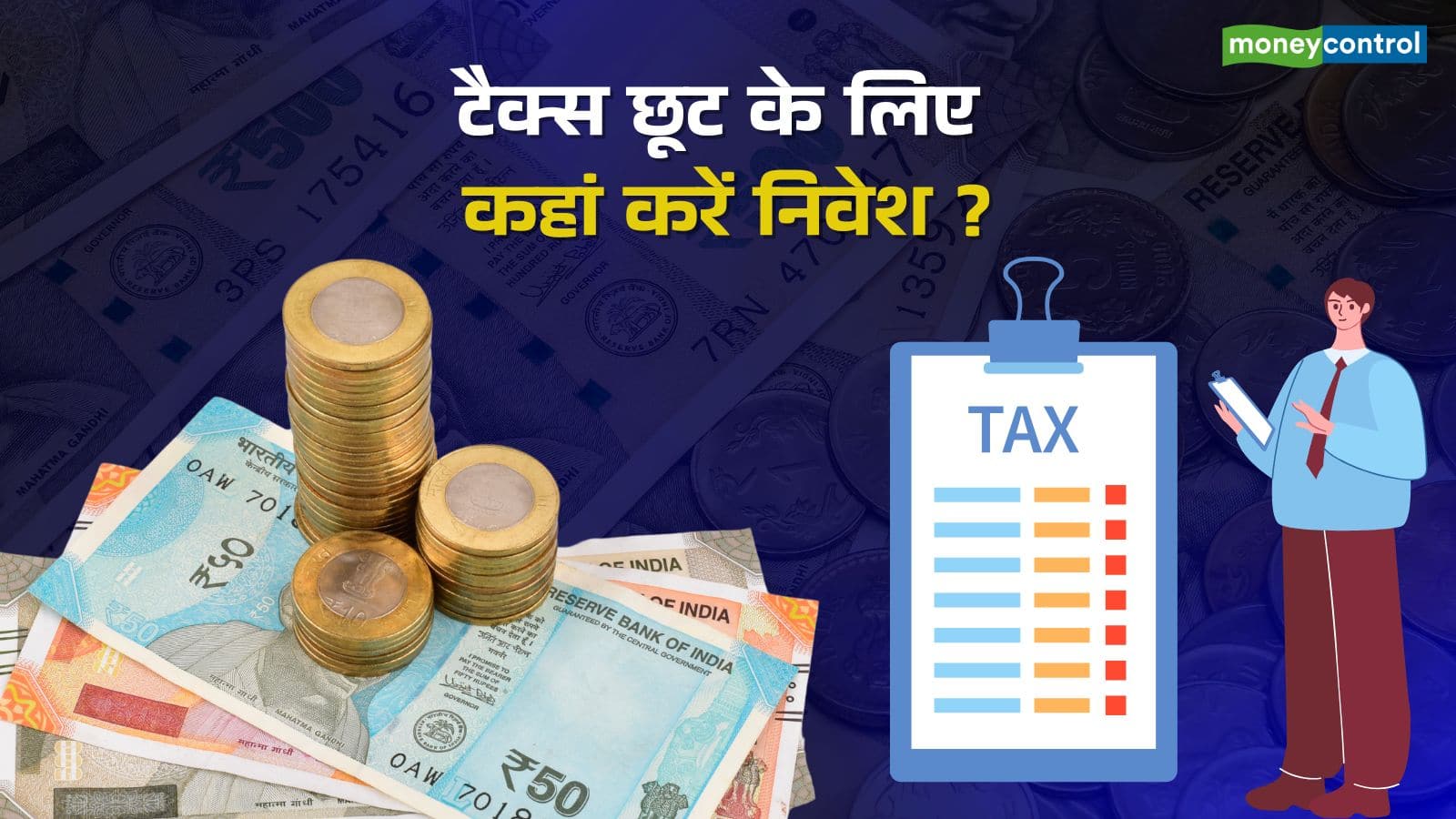
ITR Filing 2025: The government has not made any changes in the interest rates of small savings schemes for the July-September 2025 quarter. In such a situation, schemes like Post Office Fixed Deposit (FD), National Savings Certificate (NSC), Public Provident Fund (PPF) and Senior Citizens Savings Scheme (SCSS) are more attractive than banks’ FDs for investors. Along with more returns, there is also the benefit of income tax exemption.
According to financial experts, while the interest on deposits in banks is decreasing due to repo rate cuts, small savings schemes are currently giving better and stable returns. On investing in these schemes, you can also get the benefit of a deduction of up to ₹ 1.5 lakh under Section 80C of the Income Tax Act, provided investors adopt the old tax system.
Return higher than bank FD
According to Viral Bhatt, founder of Financial Advisory firm Money Mantra, ‘These schemes also have popularity because the government guarantees them and interest rates are not sudden. These schemes are an ideal option for small investors and senior citizens who prioritize capital safety and fixed returns.
- National Savings Time Deposit (5 years)
The scheme is currently getting 7.5% annual interest on this scheme, but this interest is completely taxable. One can be started with an investment of at least ₹ 1,000, in which the amount can be added to the multiplier of ₹ 100. There is no maximum limit, but it is not allowed to be closed before a year. A year later, on premature closure, interest is paid two percent less than the fixed interest rate.
2. Senior Citizens Savings Scheme (SCSS)
The scheme pays 8.2% annually for people above 60 years (or retired government employees of 55 years), which is deposited in the account every quarter. If in a financial year, the total interest from all SCSS accounts exceeds ₹ 50,000, then it will be taxed. No interest is received when the account is closed before a year, and the principal is cut by 1.5% when closing between one and two years. Closing between two and five years applies a cut of 1%.
3. Public Provident Fund (PPF)
This scheme is ideal for investors who want long-term tax-free savings. Currently, it is getting 7.1% annual tax-free interest on it. The minimum annual investment is ₹ 500 and a maximum of ₹ 1.5 lakh. If an account is not active with a minimum amount in a year, it stops. It can later be resumed by depositing ₹ 50 fine and amount of that year. Its maturity is 15 years. However, loans and partial withdrawal facilities exist.
4. Sukanya Samriddhi Yojana (SSA)
This scheme is for girls. It currently gets 8.2% tax-free interest. It can only open parents or parents for daughters under 10 years of age. The minimum investment is ₹ 250 and maximum ₹ 1.5 lakh per financial year. The account occurs in 21 years or at the age of 18 of the girl at the age of 18. However, the account cannot be closed until 1 month before marriage and 3 months later. Partial withdrawal is possible only after passing 18 years of age or 10th standard. Premature closure is allowed after five years in the event of a serious illness or the death of a guardian.
5. National Savings Certificate (NSC)
In this scheme, 7.7% interest is received on investment, which gets a lump sum on maturity every year. Interest is taxable. The minimum investment is ₹ 1,000 and can be made in multiples of ₹ 100. There is no maximum investment limit, but the account cannot be closed before five years.
What should investors do?
Founder of Full Circle Financial Planners Kalpesh Ashra advised that senior citizens should have diversity with options like date funds, FDs and government bonds. He said, “The balance of portfolio is necessary in view of every aspect like liquidity, security and regular income.” This work can be done well.
For investors who want fixed returns, tax exemption and capital security, these schemes can prove to be better than bank FD. However, the lock-in period and liquidity of each scheme varies. Therefore, it is necessary to choose the right option based on personal needs and risk capacity before investment.
Also read: Gold vs Nifty: Gold or Nifty … Who gave more returns in 5 years, now who should invest money?